— /wp:paragraph –>(Matt. 6:19-20)
Jesus’ homily, which has been preserved in Matthew 6:19-24, contributes a small but priceless piece to a larger canvas—stewardship in the faith and piety of late Second Temple-period Judaism.
Below you'll see everything we could locate for your search of “Matt 6-9 NOT Dwelling”

— /wp:paragraph –>(Matt. 6:19-20)
Jesus’ homily, which has been preserved in Matthew 6:19-24, contributes a small but priceless piece to a larger canvas—stewardship in the faith and piety of late Second Temple-period Judaism.
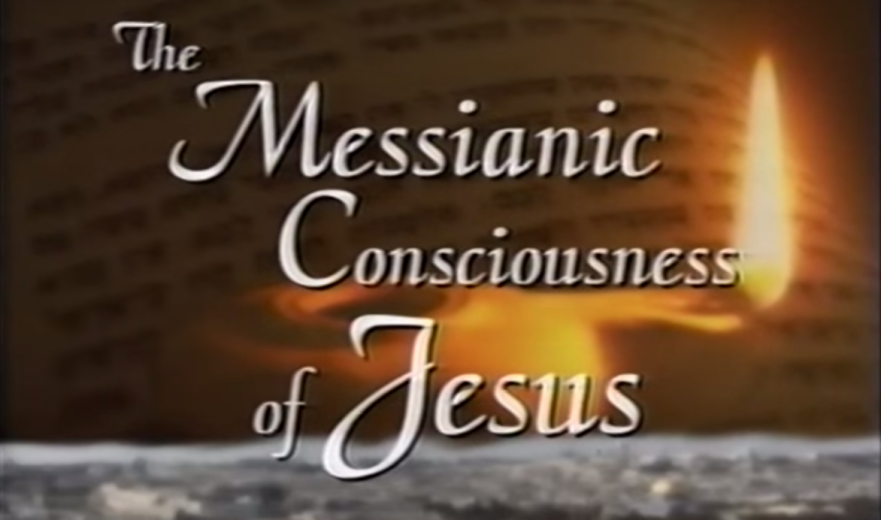
Lesson Nine deals with Jesus’ riddle about the Messiah and David’s Son (Matt. 22:41-46; Mark 12:35-37; Luke 20:41-44) and the Healing of the Paralyzed Man story (Matt. 9:1-8; Mark 2:1-12; Luke 5:17-26).

(Matt. 6:24; Luke 16:13)
“And I tell you, make friends for yourselves by means of unrighteous mammon, so that when it fails they may receive you into the eternal habitations…If then you have not been faithful in the unrighteous mammon, who will entrust to you the true riches?”

They don’t today, and that is why many believe that the “lilies of the field” in Matthew 6:28 and Luke 12:27 does not refer to the beautiful and now rare Madonna Lily, Lilium candidum…. Several wildflowers native to Israel have been suggested in its place for “lilies of the field” in Matthew 6 and Luke 12.

— wp:list-item –>
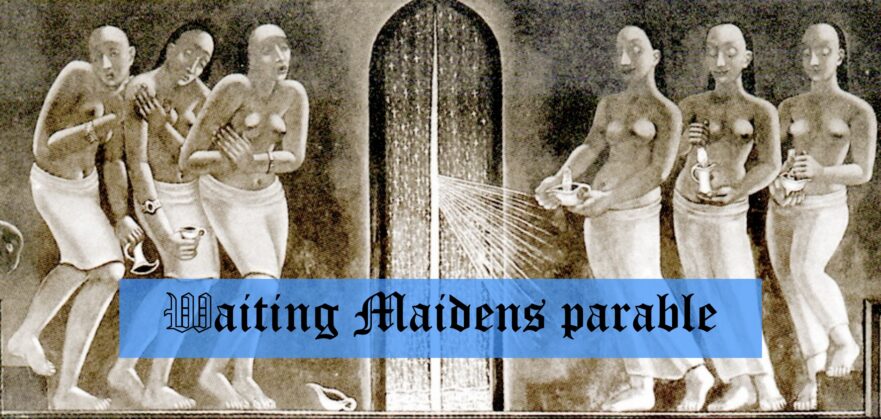
How to cite this article:
Joshua N. Tilton and David N. Bivin, “Waiting Maidens Parable,” The Life of Yeshua: A Suggested Reconstruction (Jerusalem Perspective, 2024) .
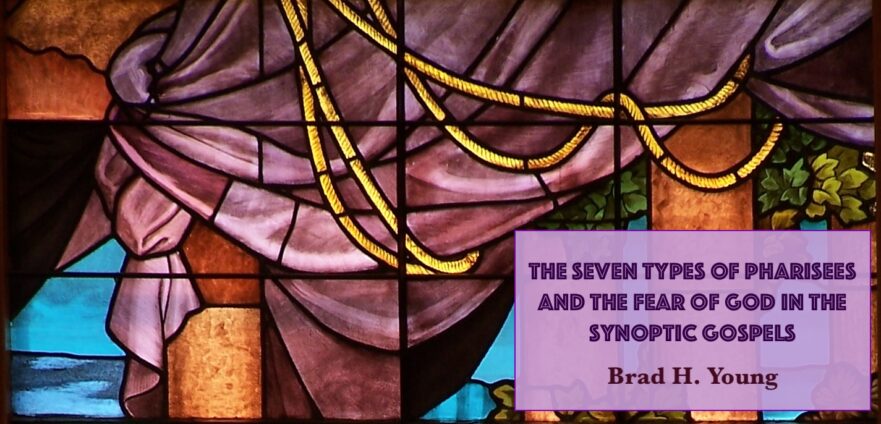
(Matt 7:21-23The Hebrew Heritage Bible the Newer Testament, trans.
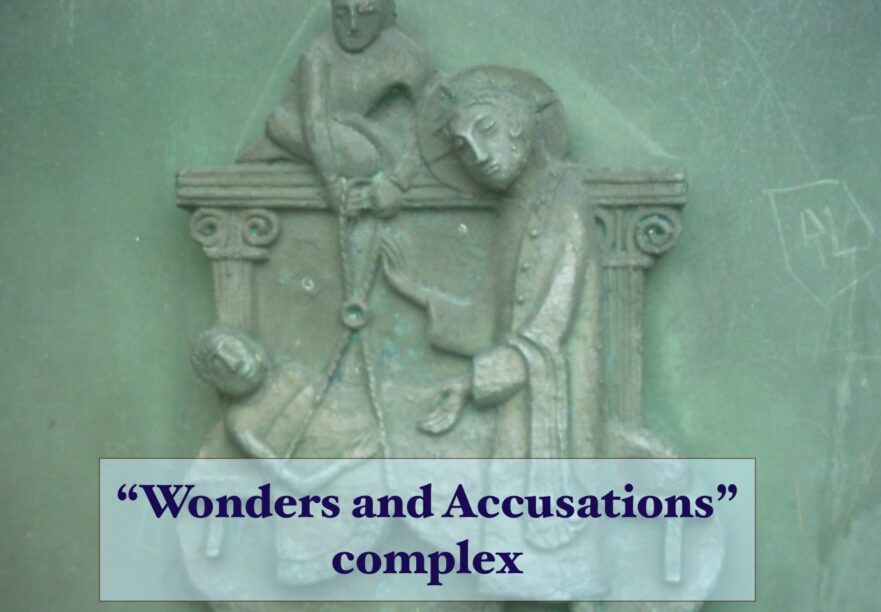
The two pericopae we have in mind are Bedridden Man (Matt. 9:2-8; Mark 2:1-12; Luke 5:17-26) and The Finger of God (Matt. 9:32-34; 12:22-28; Mark 3:22-26; Luke 11:14-20)…. They brought to him” (Bedridden Man: Matt. 9:2; cf. Luke 5:18; The Finger of God: Matt. 9:32) and then mention the condition of the sick or demon-possessed person. In both stories the positive response to Jesus’ wondrous deed includes a confession that the like has never happened before (Bedridden Man: Mark 2:12; The Finger of God: Matt. 9:33). In both stories Jesus “knows the thoughts” of his accusers (Bedridden Man: Matt. 9:4; Mark 2:8; Luke 5:22; The Finger of God: Matt. 12:25; Luke 11:17), and it may be that in both stories the accusers were originally identified as “some of them” (i.e., some of the people in the crowds) (The Finger of God: Luke 11:15).

Updated: 24 November 2023
Which Bible translation is the “most accurate” is a question that is frequently asked, and it is a common search on the internet. Perhaps that’s how you came to this web page.
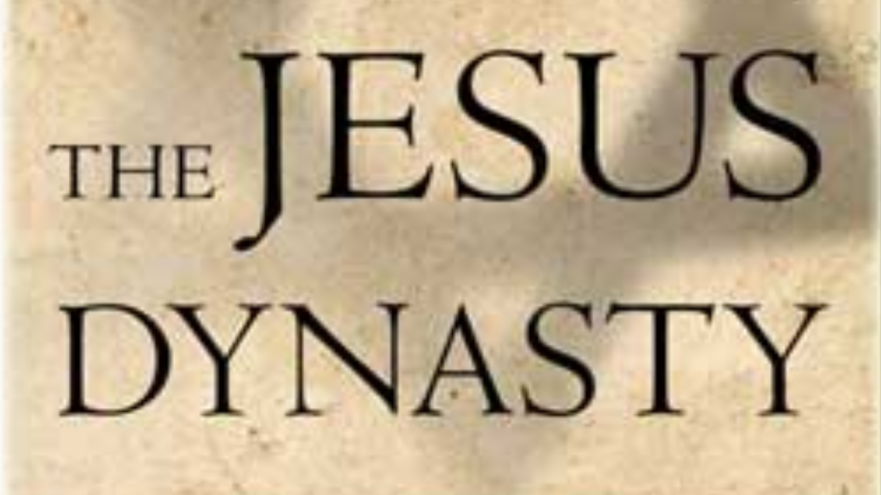
Chancey argues that the famous “centurion” of Matt. 8:5-13 ∥ Luke 7:1-10 was not a Roman soldier, but rather a (non-Jewish) Herodian soldier (ibid., 50-56).
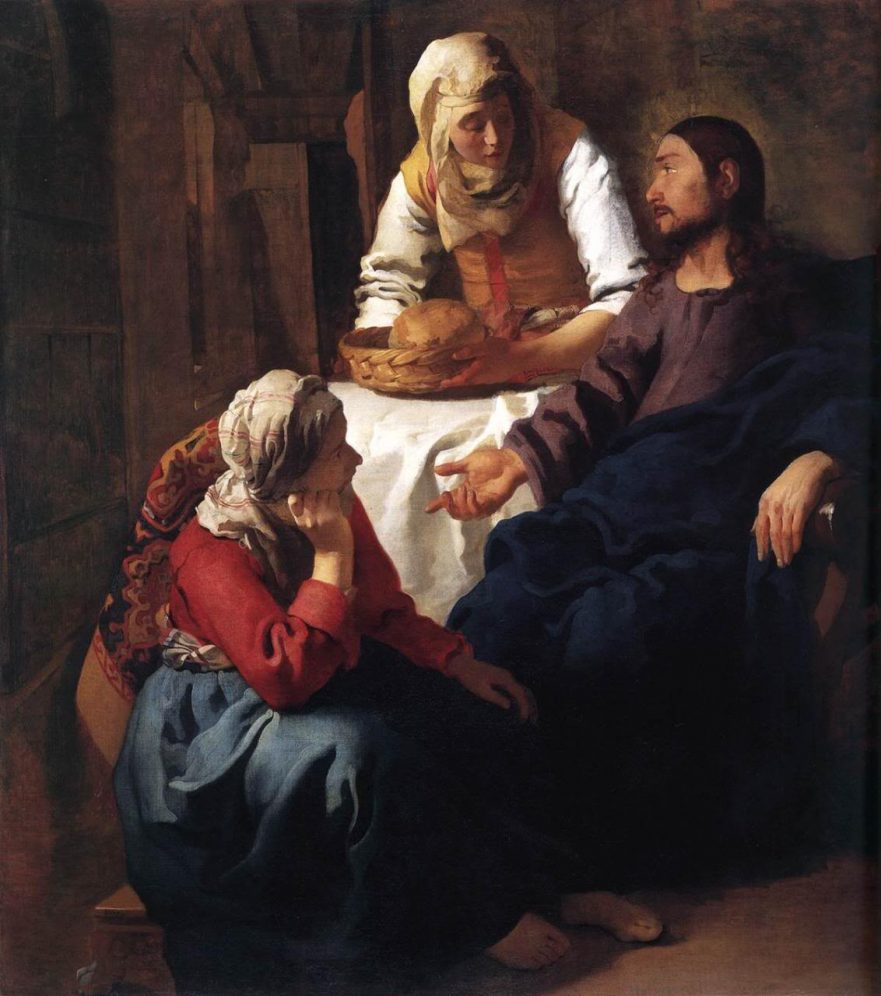
— wp:paragraph –>
One of the “longer” gospel stories that Lindsey has suggested is composed of four passages: Luke 10:38-42; Matthew 6:25-34 (= Luke 12:22-31); Luke 12:16-20; and Luke 16:19-31…. “Worry” ties together the first two fragments, the incident from Luke 10:38-42 and the teaching from Matthew 6:25-34 (=